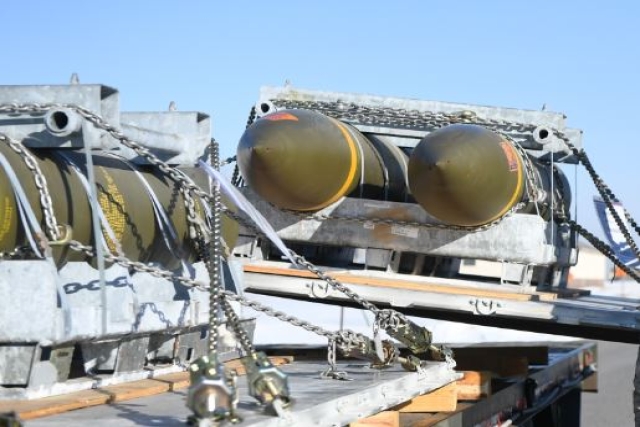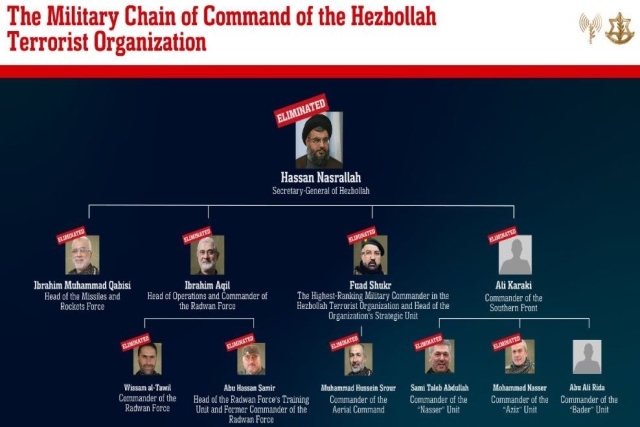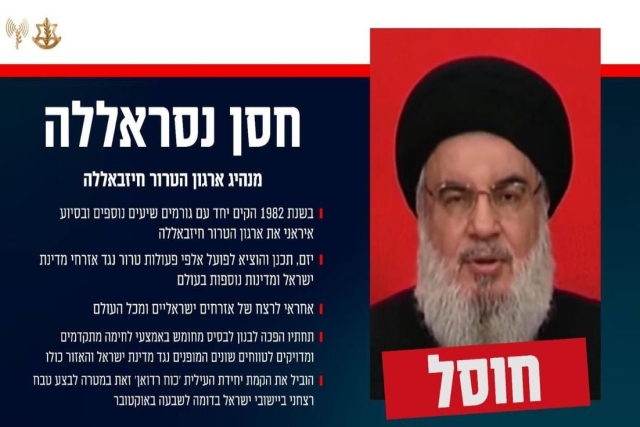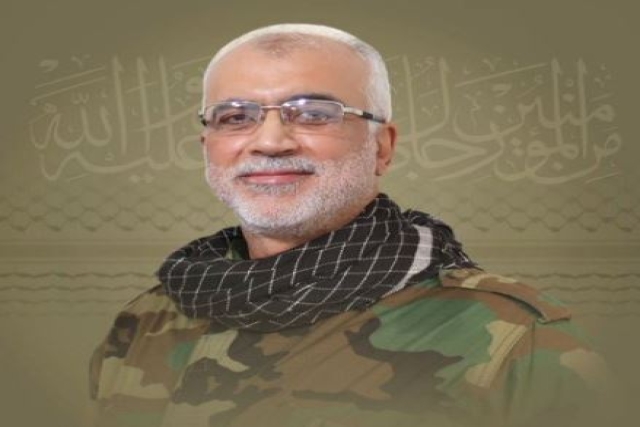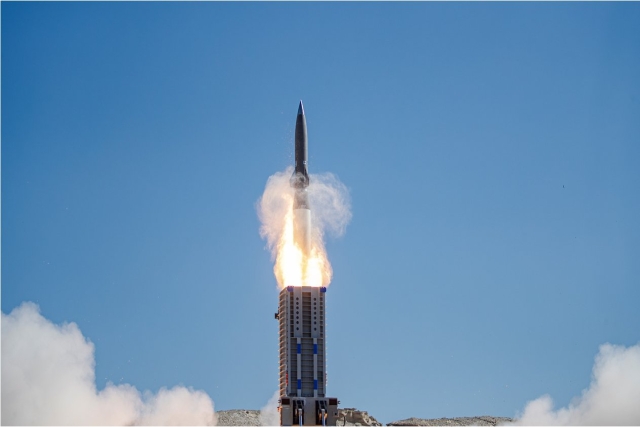Iran's Counter-Intelligence Chief Was a Mossad Agent
Allegations of Espionage and Infiltration Rock Iran's Intelligence Community
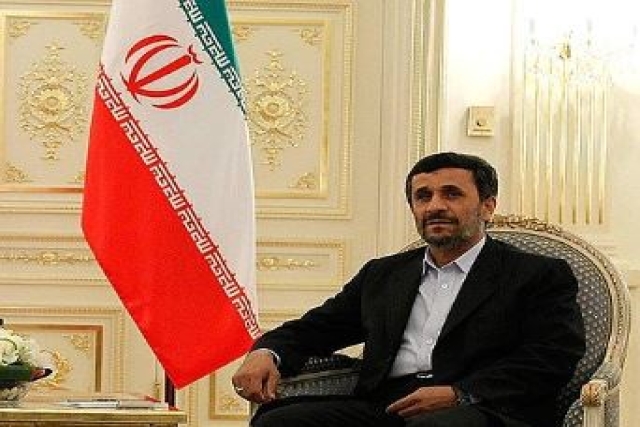
Israel's spectacular success against Iran and its proxy, Hezbollah, is being attributed in part to its counter-intelligence chief being a Mossad agent along with 20 other operatives.
In a recent interview with CNN Türk, former Iranian President Mahmoud Ahmadinejad stated that Iran had created a special unit designed to counter Mossad operations within the country. However, he revealed that the head of this unit was himself a Mossad agent who, along with approximately 20 other operatives, was implicated in critical espionage activities, including the theft of nuclear documents and the assassination of Iranian nuclear scientists. These agents reportedly managed to escape to Israel after executing their operations.
Following the recent assassination of Hezbollah leader Hassan Nasrallah by Israeli forces, Ahmadinejad claimed that Israeli intelligence had infiltrated Iran's leadership. He reiterated that the unit tasked with countering Israeli activities had been compromised, stating, "We established a unit to counter Israel, and the person leading it turned out to be a Mossad agent."
Ahmadinejad accused the Israeli intelligence agency, Mossad, of successfully infiltrating Iran’s intelligence services by recruiting personnel who were initially assigned to thwart Israeli operations. He contended that these double agents provided sensitive information, particularly related to Iran's nuclear ambitions, compromising the security of Iran's intelligence network.
The recent allegations come against a backdrop of previous Israeli espionage efforts, particularly an operation in 2018 in which Israeli agents exposed Iran’s covert nuclear activities. During this operation, Israeli Prime Minister Benjamin Netanyahu revealed that documents related to Iran's nuclear program had been seized, with claims that these documents demonstrated Iran's intention to develop nuclear weapons.
The 2018 operation was marked by a daring raid in which Mossad agents allegedly broke into a warehouse in Tehran and stole over 100,000 classified documents. This operation involved more than two dozen agents and lasted approximately six hours. The information retrieved influenced the global narrative concerning Iran's nuclear goals and led to increased scrutiny of the country’s nuclear intentions.
The fallout from the stolen materials was considerable, shaping the U.S. government’s approach to Iran. Following a secret briefing from Netanyahu that highlighted the documents' implications, the United States withdrew from the 2015 nuclear agreement with Iran, citing non-compliance with the deal's stipulations aimed at curtailing Iran's nuclear aspirations.
Ahmadinejad's most recent accusations suggest that the extent of Mossad's infiltration into Iranian intelligence services could be far-reaching. Should these claims be substantiated, it would represent a significant breach of national security for Iran, potentially providing Israel with critical insights into Iran’s nuclear strategies.
In light of the escalating conflict, Israeli airstrikes in Lebanon targeting Hezbollah have resulted in significant casualties, with reports indicating over 960 deaths and more than 2,770 injuries in the recent confrontations.

